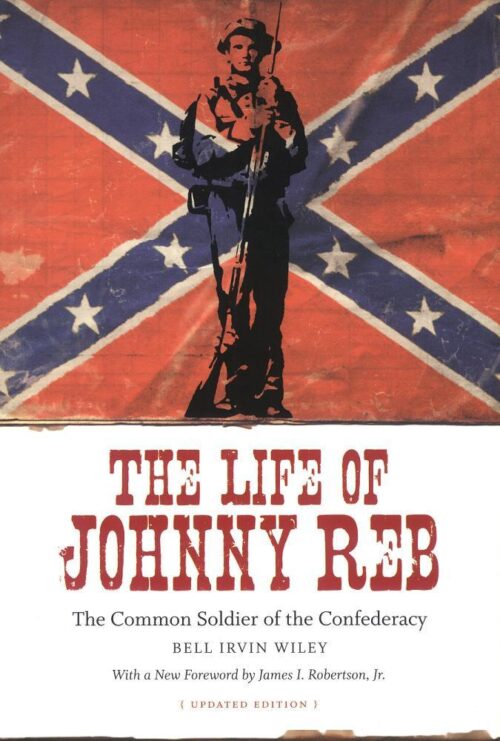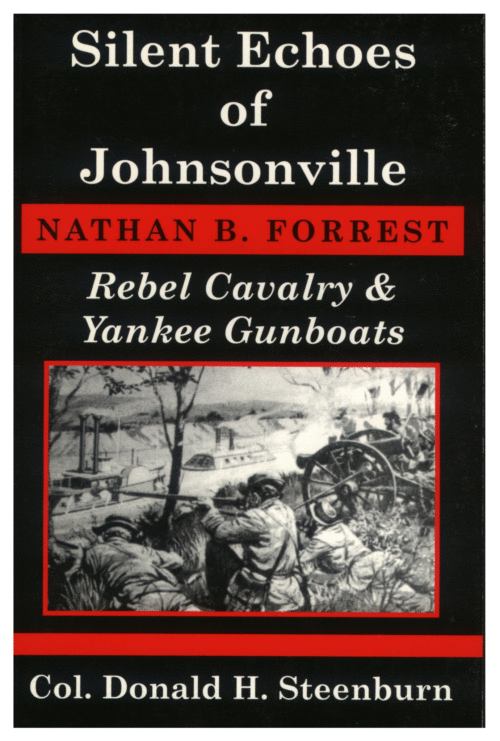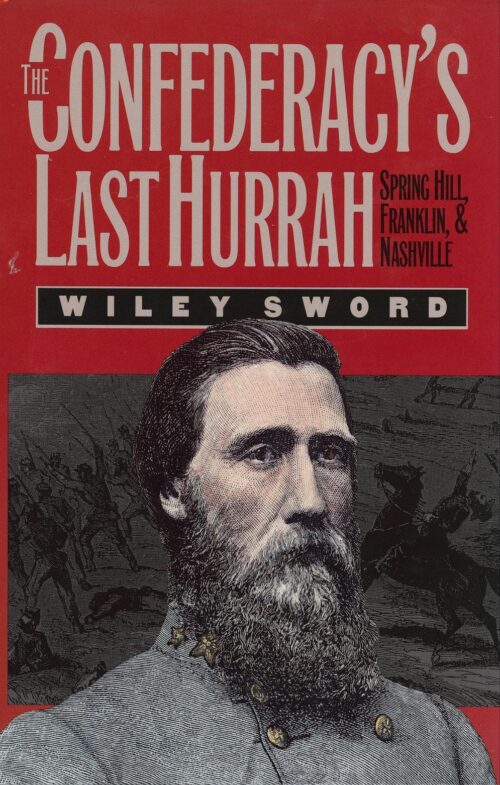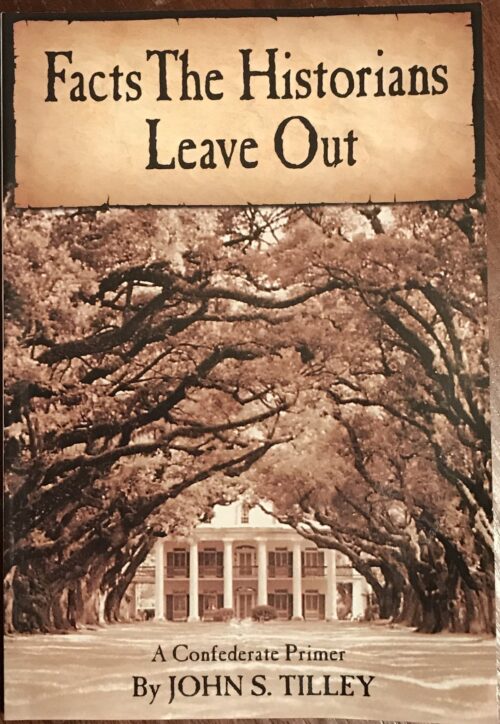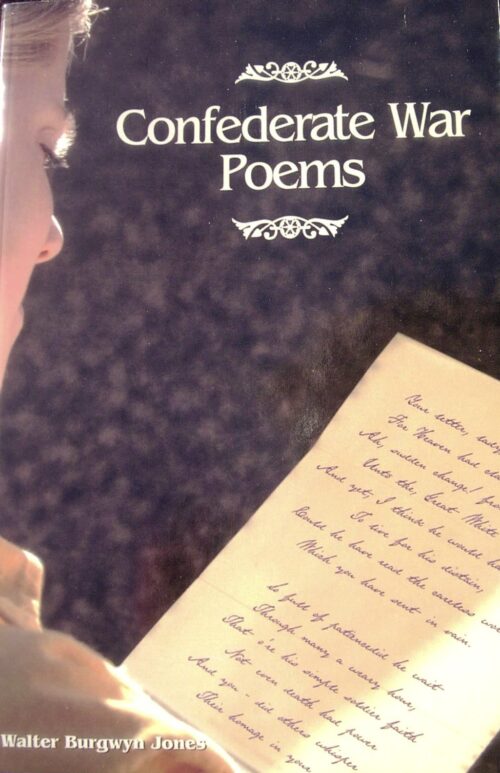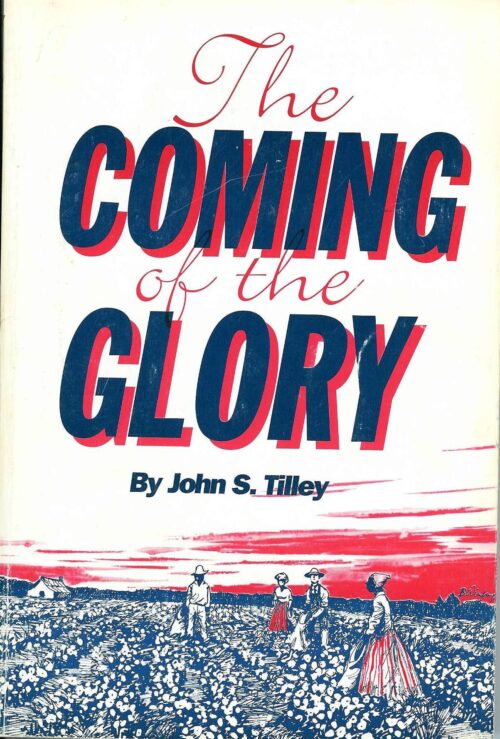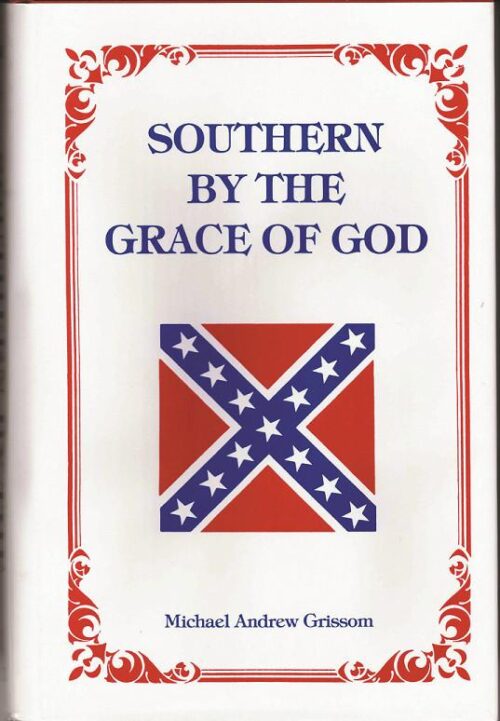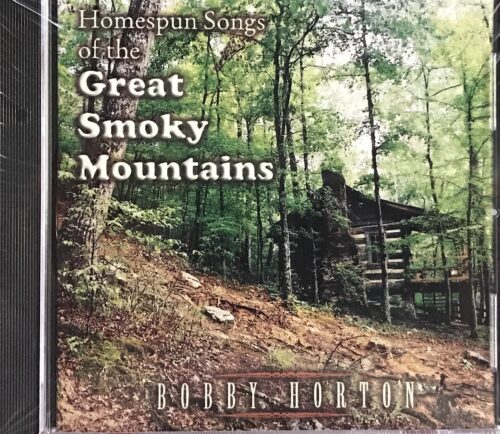-
 Black Flag reveals war at its very worst, told in the words of participants themselves. From the shocking, sensational massacres at Lawrence, Baxter Springs and Centralia to the silent terror of the women at home alone in the "burnt district", Black Flag is a horrifying day to day account of life, death and war, told with unforgettable immediacy.
Black Flag reveals war at its very worst, told in the words of participants themselves. From the shocking, sensational massacres at Lawrence, Baxter Springs and Centralia to the silent terror of the women at home alone in the "burnt district", Black Flag is a horrifying day to day account of life, death and war, told with unforgettable immediacy. -
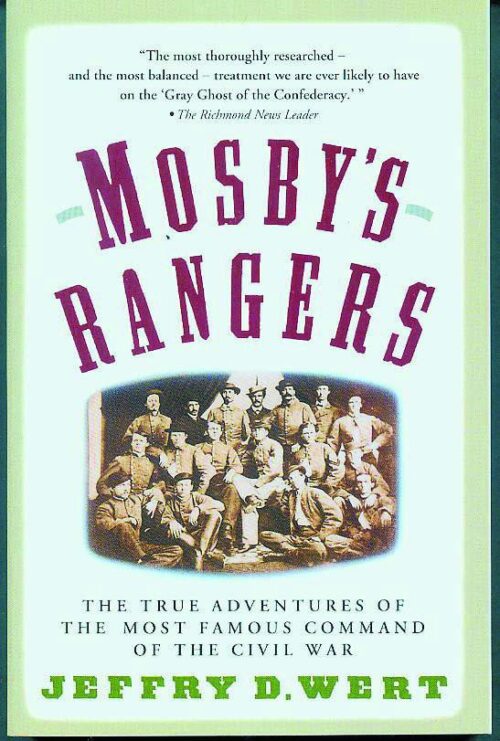 The author explores the personality of this iron-willed commander & brilliant tactician & gives us colorful profiles of the men who served under him. This is the most complete & compelling account to date of the fighting unit so hated by Grant that he ordered any captured Ranger to be summarily executed without trail.
The author explores the personality of this iron-willed commander & brilliant tactician & gives us colorful profiles of the men who served under him. This is the most complete & compelling account to date of the fighting unit so hated by Grant that he ordered any captured Ranger to be summarily executed without trail. -
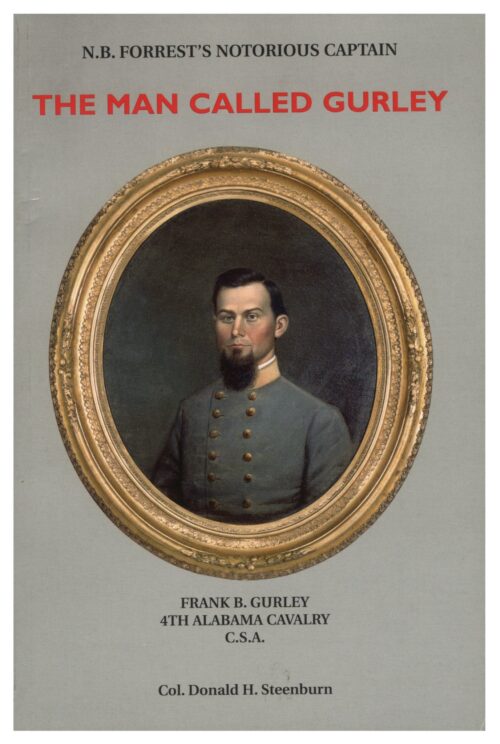 Hero? Traitor? It all depends on which side of the fence you were standing. Col. Don Steenburn, U.S.Army retired, has put together a fascinating study of one of the most controversial characters in Madison County and Northern Alabama history- determined and gutsy Frank Ballou Gurley of the 4th Alabama, Confederate States of America.
Hero? Traitor? It all depends on which side of the fence you were standing. Col. Don Steenburn, U.S.Army retired, has put together a fascinating study of one of the most controversial characters in Madison County and Northern Alabama history- determined and gutsy Frank Ballou Gurley of the 4th Alabama, Confederate States of America. -
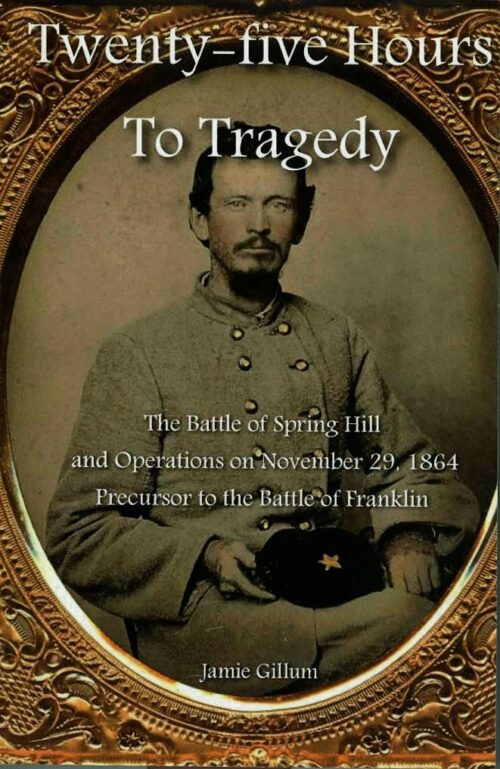 Only twenty-five hours after the Confederate Army’s arrival on the battlefield of Spring Hill, TN the decision to assault the heavily defended fortifications at Franklin was made. It was a decision that would not have to be made had the Confederates followed through with their plans at Spring Hill. Follow the armies in their race to Spring Hill, the combat there and the critical decisions that led to the Federal escape and a total Confederate command breakdown in the most devastating blunder of the American "Civil War."
Only twenty-five hours after the Confederate Army’s arrival on the battlefield of Spring Hill, TN the decision to assault the heavily defended fortifications at Franklin was made. It was a decision that would not have to be made had the Confederates followed through with their plans at Spring Hill. Follow the armies in their race to Spring Hill, the combat there and the critical decisions that led to the Federal escape and a total Confederate command breakdown in the most devastating blunder of the American "Civil War." -
 The Chancellorsville Campaign was the true high water mark for both the Confederate Army of Northern Virginia and the Union Army of the Potomac. The campaign would be the Confederates' greatest battle, though it came at the cost of losing General Stonewall Jackson. Although the Confederacy prevailed at Chancellorsville, Hooker used the defeat to institute a multitude of reforms, which paved the way for the hard-fought victory at Gettysburg.
The Chancellorsville Campaign was the true high water mark for both the Confederate Army of Northern Virginia and the Union Army of the Potomac. The campaign would be the Confederates' greatest battle, though it came at the cost of losing General Stonewall Jackson. Although the Confederacy prevailed at Chancellorsville, Hooker used the defeat to institute a multitude of reforms, which paved the way for the hard-fought victory at Gettysburg. -
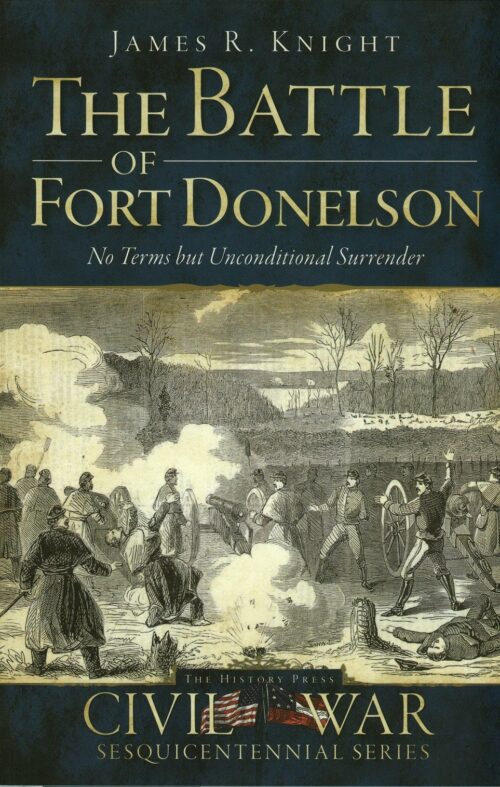 The Battle of Fort Donelson was the first major victory for Federal forces and the first decisive battle in the vital area from the Appalachians to the Mississippi. It gave the Federals control of both the Tennessee and Cumberland rivers; led directly to the fall of the first Confederate capital at Nashville and the Battle of Shiloh, and was the beginning of the fame and/or infamy of several Civil War generals, including U.S. Grant, N. B. Forrest, Gideon Pillow and John B. Floyd. It also resulted in the first surrender of an army by a Confederate general, and the largest capture of enemy troops in American history, up to that time.
The Battle of Fort Donelson was the first major victory for Federal forces and the first decisive battle in the vital area from the Appalachians to the Mississippi. It gave the Federals control of both the Tennessee and Cumberland rivers; led directly to the fall of the first Confederate capital at Nashville and the Battle of Shiloh, and was the beginning of the fame and/or infamy of several Civil War generals, including U.S. Grant, N. B. Forrest, Gideon Pillow and John B. Floyd. It also resulted in the first surrender of an army by a Confederate general, and the largest capture of enemy troops in American history, up to that time. -
 The commander of the three-hundred-wagon Union supply train never expected a large ragtag group of Texans and Native Americans to attack during the dark of night. But Brigadier Generals Richard Gano and Stand Watie defeated the unsuspecting Federals in the early morning hours of September 19, 1864, at Cabin Creek in the Cherokee nation. The legendary Watie, the only Native American general on either side, planned details of the raid for months. His preparation paid off--the Confederate troops captured wagons with supplies that would be worth more than $75 million today.
The commander of the three-hundred-wagon Union supply train never expected a large ragtag group of Texans and Native Americans to attack during the dark of night. But Brigadier Generals Richard Gano and Stand Watie defeated the unsuspecting Federals in the early morning hours of September 19, 1864, at Cabin Creek in the Cherokee nation. The legendary Watie, the only Native American general on either side, planned details of the raid for months. His preparation paid off--the Confederate troops captured wagons with supplies that would be worth more than $75 million today. -
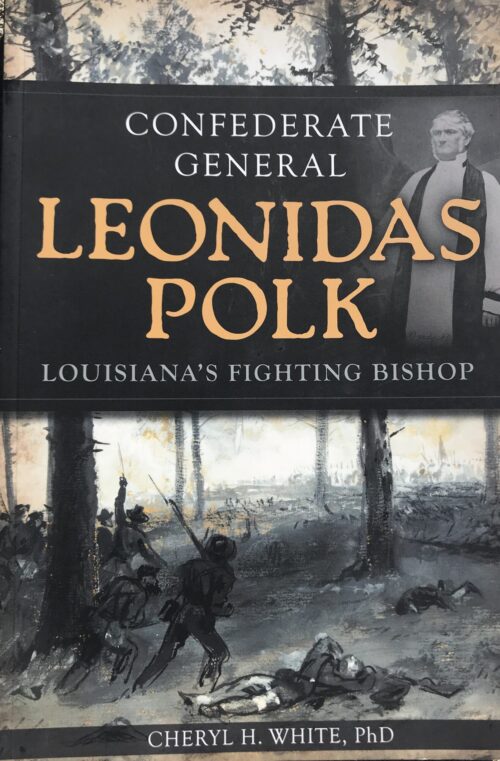 Leonidas Polk is one of the most fascinating figures of the Civil War. Consecrated as a bishop of the Episcopal Church and commissioned as a general into the Confederate army, Polk’s life in both spheres blended into a unique historical composite. Polk was a man with deep religious convictions but equally committed to the Confederate cause. He baptized soldiers on the eve of bloody battles, administered last rites and even presided over officers’ weddings, all while leading his soldiers into battle.
Leonidas Polk is one of the most fascinating figures of the Civil War. Consecrated as a bishop of the Episcopal Church and commissioned as a general into the Confederate army, Polk’s life in both spheres blended into a unique historical composite. Polk was a man with deep religious convictions but equally committed to the Confederate cause. He baptized soldiers on the eve of bloody battles, administered last rites and even presided over officers’ weddings, all while leading his soldiers into battle. -
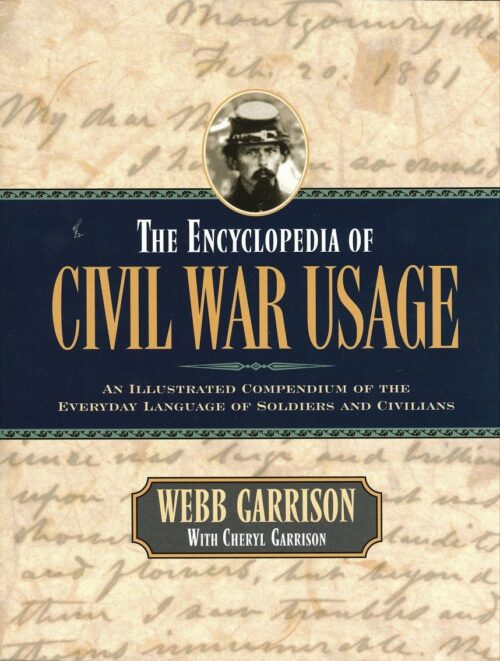 Gumps! Wharf Lice! Ditch Hunters! Though it’s reasonably clear that those terms are insults, few people today have any idea what they mean. Like much of the language used in the 1860’s, these expressions have vanished from everyday speech. This comprehensive volume will delight the historian, the writer, and the reenactor. Now in paperback.
Gumps! Wharf Lice! Ditch Hunters! Though it’s reasonably clear that those terms are insults, few people today have any idea what they mean. Like much of the language used in the 1860’s, these expressions have vanished from everyday speech. This comprehensive volume will delight the historian, the writer, and the reenactor. Now in paperback. -
 In 1865, Karl Marx praised Lincoln as a “single-minded son of the working class.” This book examines why Marx—and other socialists—supported Mr. Lincoln’s War and notes his negative influence on modern society. Firsthand accounts and insight from notable historians shatter contemporary views of both the sixteenth president and the early Republicans.
In 1865, Karl Marx praised Lincoln as a “single-minded son of the working class.” This book examines why Marx—and other socialists—supported Mr. Lincoln’s War and notes his negative influence on modern society. Firsthand accounts and insight from notable historians shatter contemporary views of both the sixteenth president and the early Republicans. -
 Marse Bradford Harrison, of St. Michaels, MD, gave 4 year old Eliza Ann Benson to his new born daughter, Braddie, in 1841. Eliza would be a slave to her infant owner in Harrison’s way of thinking. But a friendship began & a promise was made. Eliza stayed with Braddie through Braddie’s married life, which included the War Between the States & its aftermath; and when Braddie & her husband died leaving a family full of children & no one to rear them, there was one more promise that Eliza wanted to keep. Eliza’s down-home philosophy, loyalty, fortitude and love positively impacted Miss Braddie & 3 generations thereafter.
Marse Bradford Harrison, of St. Michaels, MD, gave 4 year old Eliza Ann Benson to his new born daughter, Braddie, in 1841. Eliza would be a slave to her infant owner in Harrison’s way of thinking. But a friendship began & a promise was made. Eliza stayed with Braddie through Braddie’s married life, which included the War Between the States & its aftermath; and when Braddie & her husband died leaving a family full of children & no one to rear them, there was one more promise that Eliza wanted to keep. Eliza’s down-home philosophy, loyalty, fortitude and love positively impacted Miss Braddie & 3 generations thereafter. -
 H. W. Johnstone explains how Lincoln and his co-conspirators used deceit, half-truths, lies and violation of international law to promote their war conspiracy. Johnstone wrote his book in 1917 using documentation which was not available when post war Confederates such as Davis, Stephens, Semmes and Pollard wrote their histories of the conflict.
H. W. Johnstone explains how Lincoln and his co-conspirators used deceit, half-truths, lies and violation of international law to promote their war conspiracy. Johnstone wrote his book in 1917 using documentation which was not available when post war Confederates such as Davis, Stephens, Semmes and Pollard wrote their histories of the conflict. -
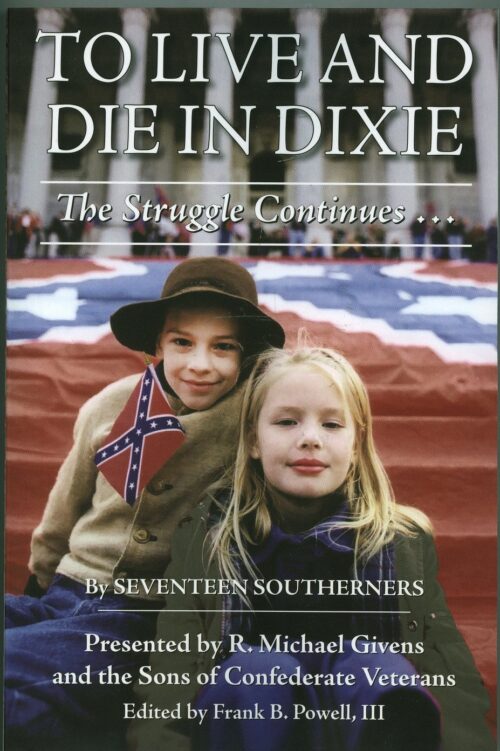 Companion book to the book "I'll Take My Stand: The South and the Agrarian Tradition" first published in 1930. In “To Live and Die in Dixie” you will find 27 essays which are designed to supply the weapons needed to take on the intellectually challenged and misinformed purveyors of modern historical imbecility. Intelligence is a weapon of self-defense. If you don’t know your own history then you will be helpless and ignorant before someone who merely claims to know your history! Originally published in the Confederate Veteran magazine from September/October 2010 through November/December 2014.
Companion book to the book "I'll Take My Stand: The South and the Agrarian Tradition" first published in 1930. In “To Live and Die in Dixie” you will find 27 essays which are designed to supply the weapons needed to take on the intellectually challenged and misinformed purveyors of modern historical imbecility. Intelligence is a weapon of self-defense. If you don’t know your own history then you will be helpless and ignorant before someone who merely claims to know your history! Originally published in the Confederate Veteran magazine from September/October 2010 through November/December 2014. -
 One of Savannah, Georgia's closest calls to total disaster happened with the arrival of Wm. T. Sherman and sixty-two thousand Union Troops. This fifty-three-day heart-pounding, nail-biting, hair-raising horror story of her onion-skin-thin bare survival centers on the central question: who REALLY saved Savannah?
One of Savannah, Georgia's closest calls to total disaster happened with the arrival of Wm. T. Sherman and sixty-two thousand Union Troops. This fifty-three-day heart-pounding, nail-biting, hair-raising horror story of her onion-skin-thin bare survival centers on the central question: who REALLY saved Savannah? -
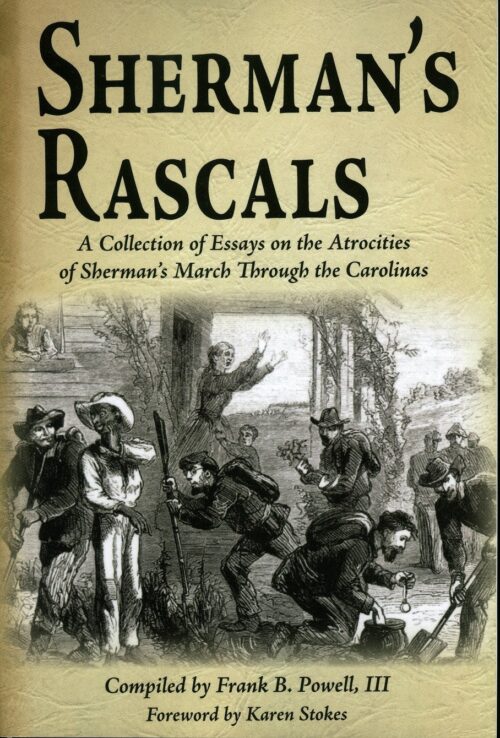 The ladies who wrote about their experiences wanted future generations to know about their trials and tribulations in the spring of 1865. Their stories have been almost forgotten, but they are printed in these pages for you to read and study, and to pass on to generations yet to come. For if one generation forgets, these stories will be lost for all eternity. Let’s not let this happen!
The ladies who wrote about their experiences wanted future generations to know about their trials and tribulations in the spring of 1865. Their stories have been almost forgotten, but they are printed in these pages for you to read and study, and to pass on to generations yet to come. For if one generation forgets, these stories will be lost for all eternity. Let’s not let this happen! -
 This is a collection of war letters written by teenagers George and Walter Battle during their service in Company F, 4th North Carolina Regiment, CSA. Underage, yet full of vitality and idealism, these boys were not just fighting for their country; they were fighting to protect their family's name. Two young brothers had gone off to war as mere boys. Their experiences quickly hardened and molded them into veterans of the greatest army ever to march on American soil.
This is a collection of war letters written by teenagers George and Walter Battle during their service in Company F, 4th North Carolina Regiment, CSA. Underage, yet full of vitality and idealism, these boys were not just fighting for their country; they were fighting to protect their family's name. Two young brothers had gone off to war as mere boys. Their experiences quickly hardened and molded them into veterans of the greatest army ever to march on American soil. -
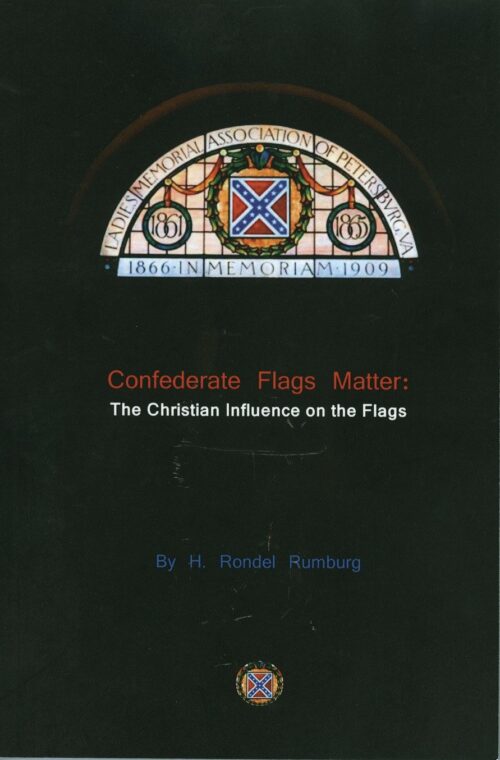 H. Rondel Rumburg, the author of many Confederate publications, brings this exciting new title to the front. It answers various questions: What is a flag? What is the use of a flag? What is the Christian symbolism of flags? What’s the Official origin of the Confederate flag? These questions as well as many others are answered in-depth herein. 13 historic poems are included, along with a Bibliography and Index.
H. Rondel Rumburg, the author of many Confederate publications, brings this exciting new title to the front. It answers various questions: What is a flag? What is the use of a flag? What is the Christian symbolism of flags? What’s the Official origin of the Confederate flag? These questions as well as many others are answered in-depth herein. 13 historic poems are included, along with a Bibliography and Index. -
Sale!
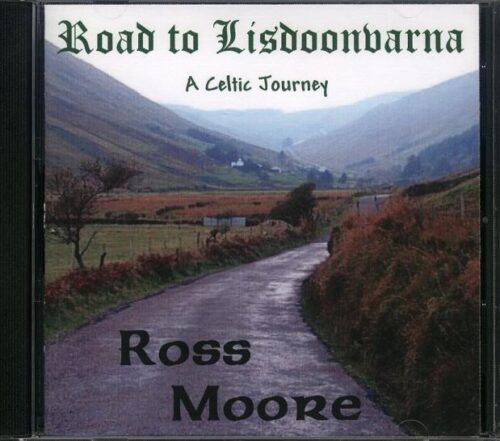 One of Ross Moore's latest offerings is a Celtic journey, with rich vocals and unforgettable melodies, including acoustic instruments such as the Celtic harp, pennywhistle, Irish concertina, hammered dulcimer, Uilleann pipes, bagpipes, banjo, mandolin, piano and both flat picked and finger style guitar.
One of Ross Moore's latest offerings is a Celtic journey, with rich vocals and unforgettable melodies, including acoustic instruments such as the Celtic harp, pennywhistle, Irish concertina, hammered dulcimer, Uilleann pipes, bagpipes, banjo, mandolin, piano and both flat picked and finger style guitar. -
Sale!
 Ross brings you the treasured acoustic sounds of a musical evening in the Appalachian hills. Includes: Wayfaring Stranger, Shenandoah Falls, Appalachian Round-up, Scarborough Fair and Meghan's Theme.
Ross brings you the treasured acoustic sounds of a musical evening in the Appalachian hills. Includes: Wayfaring Stranger, Shenandoah Falls, Appalachian Round-up, Scarborough Fair and Meghan's Theme. -
Sale!
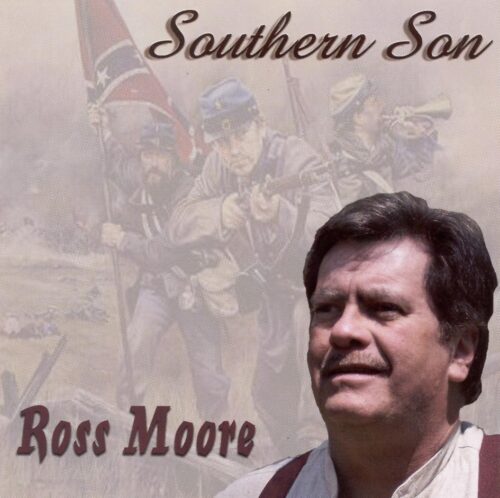 A collection of 15 songs about the CSA - featuring Ross’ twelve acoustic instruments and stirring vocals. Selections include ‘Young Rebel - The Story of Sam Davis'; ‘Last Day at Gettysburg’; ‘Southern Son’; ‘Aura Lee’ and ‘I Am Their Flag’ narrated by Dr. Michael Bradley.
A collection of 15 songs about the CSA - featuring Ross’ twelve acoustic instruments and stirring vocals. Selections include ‘Young Rebel - The Story of Sam Davis'; ‘Last Day at Gettysburg’; ‘Southern Son’; ‘Aura Lee’ and ‘I Am Their Flag’ narrated by Dr. Michael Bradley. -
Sale!
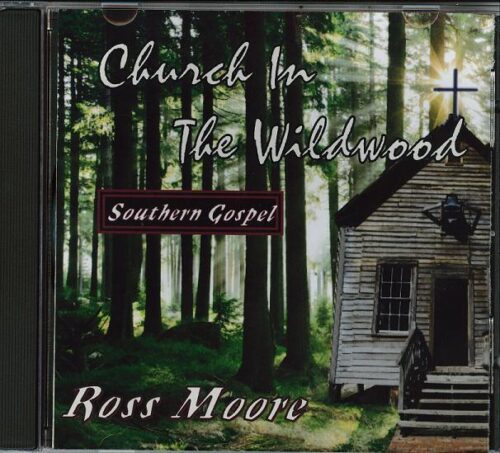 From the pages of a Southern Hymnal, Ross brings you the songs most of us remember from our childhood. Selections include: Church in the Wildwood, This Little Light of Mine, Amazing Grace, Will the Circle Be Unbroken, I'll Fly Away and 5 others.
From the pages of a Southern Hymnal, Ross brings you the songs most of us remember from our childhood. Selections include: Church in the Wildwood, This Little Light of Mine, Amazing Grace, Will the Circle Be Unbroken, I'll Fly Away and 5 others. -
Sale!
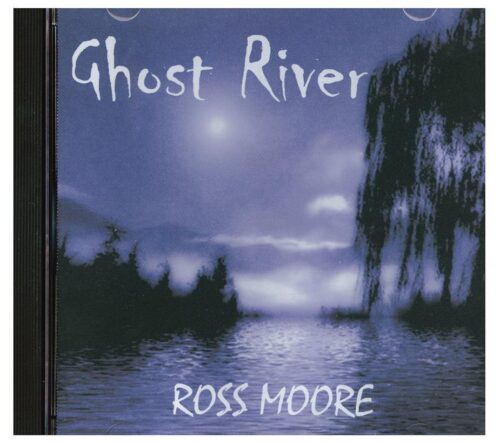 Another great music collection by Ross. Includes many traditional songs like "Down in the Valley", "Uncle Joe", "The Girl I Left Behind Me" and "Arkansas Traveler" along with many of Ross Moore originals that include "Prettiest Belle at the Ball", "Ghost River", "South Carolina Shuffle" and the beautiful "Sweet Magnolia Waltz" featuring Ross on the Celtic Harp. This CD is Dedicated to: The Gentlemen and Ladies who perpetuate and hold dear the social graces and values of the Old South.
Another great music collection by Ross. Includes many traditional songs like "Down in the Valley", "Uncle Joe", "The Girl I Left Behind Me" and "Arkansas Traveler" along with many of Ross Moore originals that include "Prettiest Belle at the Ball", "Ghost River", "South Carolina Shuffle" and the beautiful "Sweet Magnolia Waltz" featuring Ross on the Celtic Harp. This CD is Dedicated to: The Gentlemen and Ladies who perpetuate and hold dear the social graces and values of the Old South.

